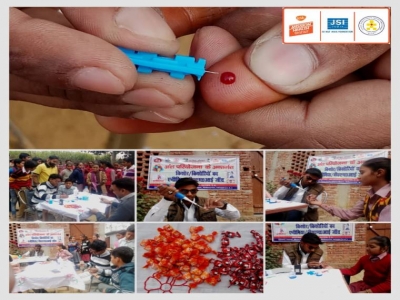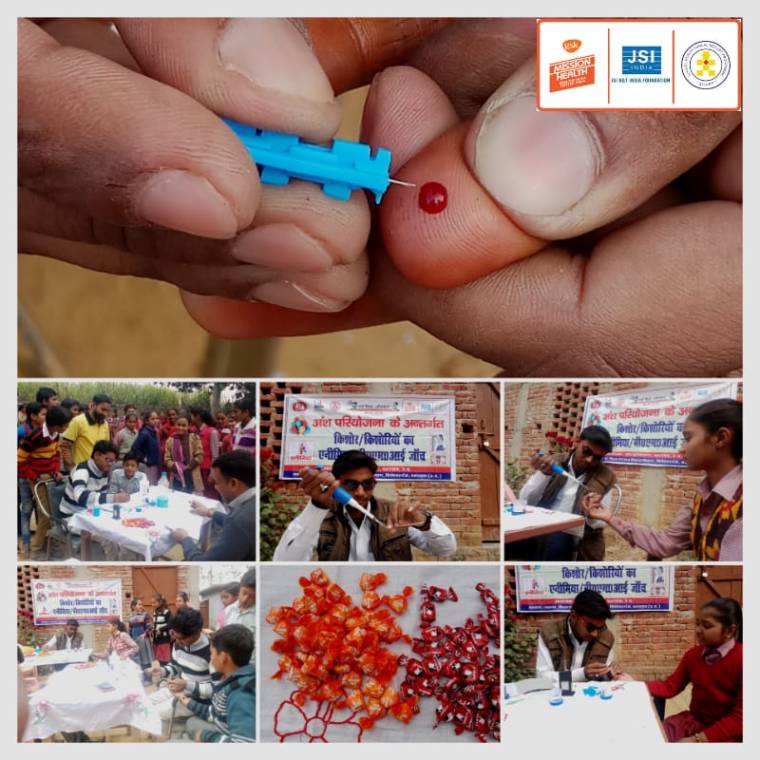
Iron: It was good enough for Iron Man, it’s good enough for you! Eat Iron, Kick Anemia!
Anemia is a global public health problem affecting both developing and developed countries with major consequences for human health as well as social and economic development. Recent data as per National Family Health Survey-4 shows that anemia affects 53% of women in reproductive age group (15–49 years), 29% of adolescents and 50% of pregnant women in the country. Further analysis shows considerably high disparity of anemia prevalence among rural and urban areas, where disadvantaged groups (particularly scheduled tribes) and children and women in households in the lower wealth quintiles have higher prevalence of anemia.
India’s National Health Policy (2017) recognizes anemia as a deterrent to maternal and child survival and overall productivity of the nation. The policy also emphasizes on a need for intensifying efforts to address all causes of anemia for accelerating decline in anemia prevalence, in a mission mode using a unified multi-pronged strategy rather than multiple programmes. At the same time, Government of India has also made a commitment to Global World Health Assembly target of 50% reduction of anemia among women of reproductive age by 2025 and the POSHAN Abhiyaan (2018–2020), ambitious target to reduce prevalence of anemia among children 6–59 months, adolescents and women of reproductive age 15–49 years by 3 percentage points per year.
A hemoglobin test measures the amount of hemoglobin in your blood. The normal range for hemoglobin is: 12.0 to 15.5 gm/dl. If a hemoglobin test reveals that your hemoglobin level is lower than normal, it means you have a low red blood cell count (anemia).
SHARP NGO, under its project ANSH conducted hemoglobin testing camp in Bahraich, Uttar Pradesh in order to understand the ground reality of anemia status among adolescent group and take necessary actions on the results. 86 school going adolescents were assessed with results showing lowest Hb to be 7.8 gm/dl and highest being 13.4 gm/dl. Nutrition based counselling was provided to children with low Hb.
We are committed to make a change in the community and reach out to maximum beneficiaries, come and support us in this Nobel cause.
